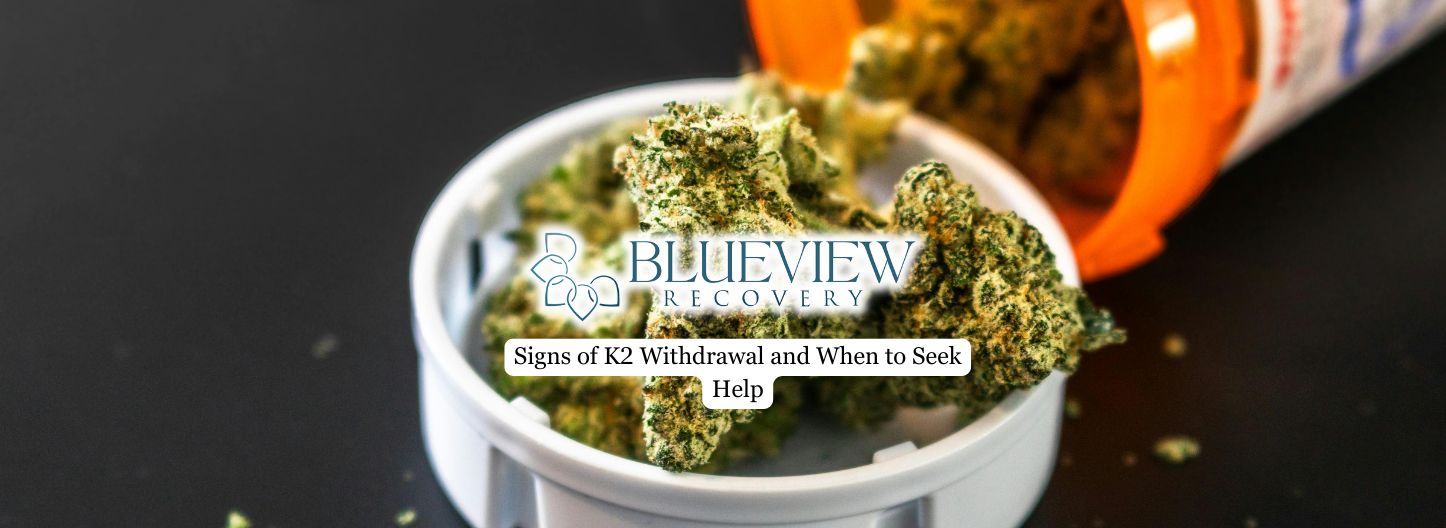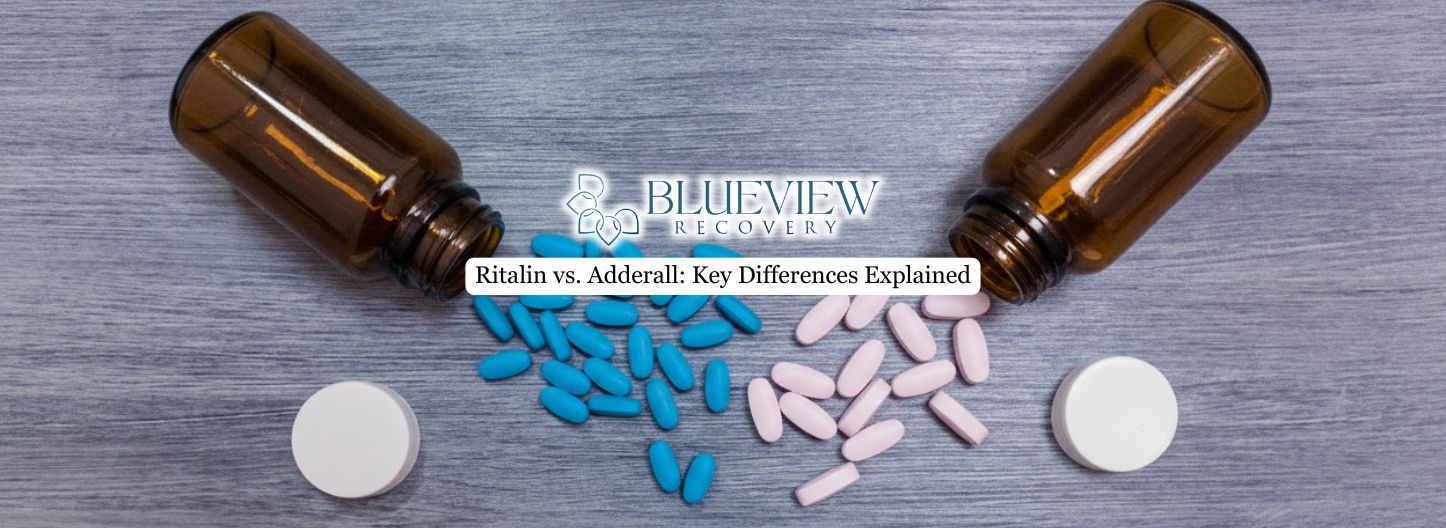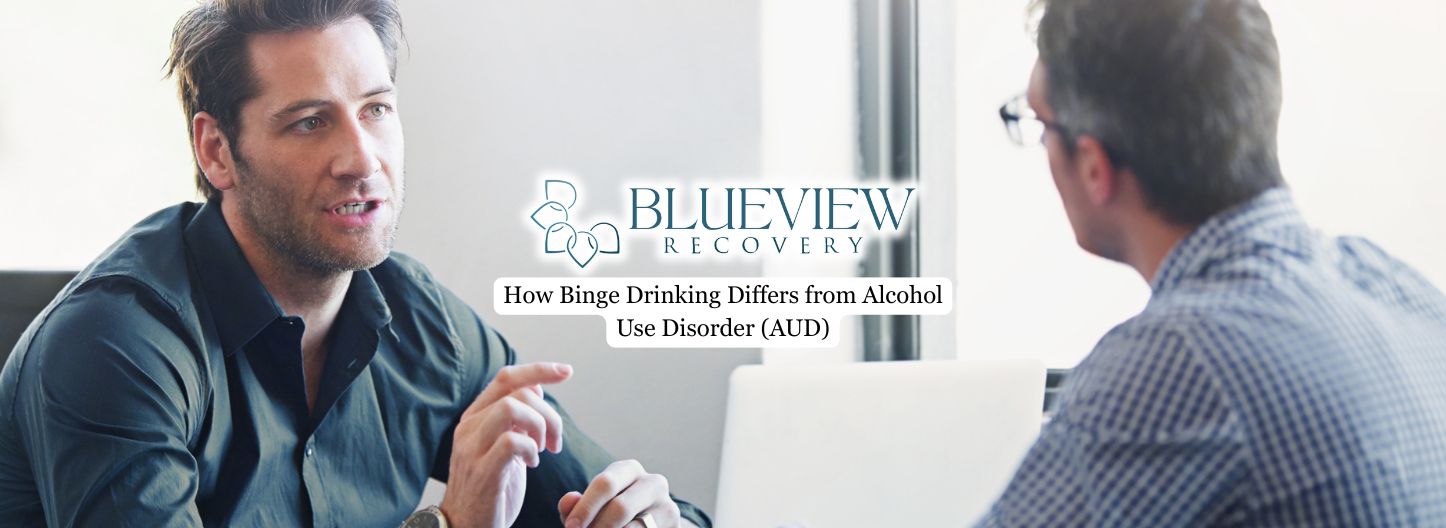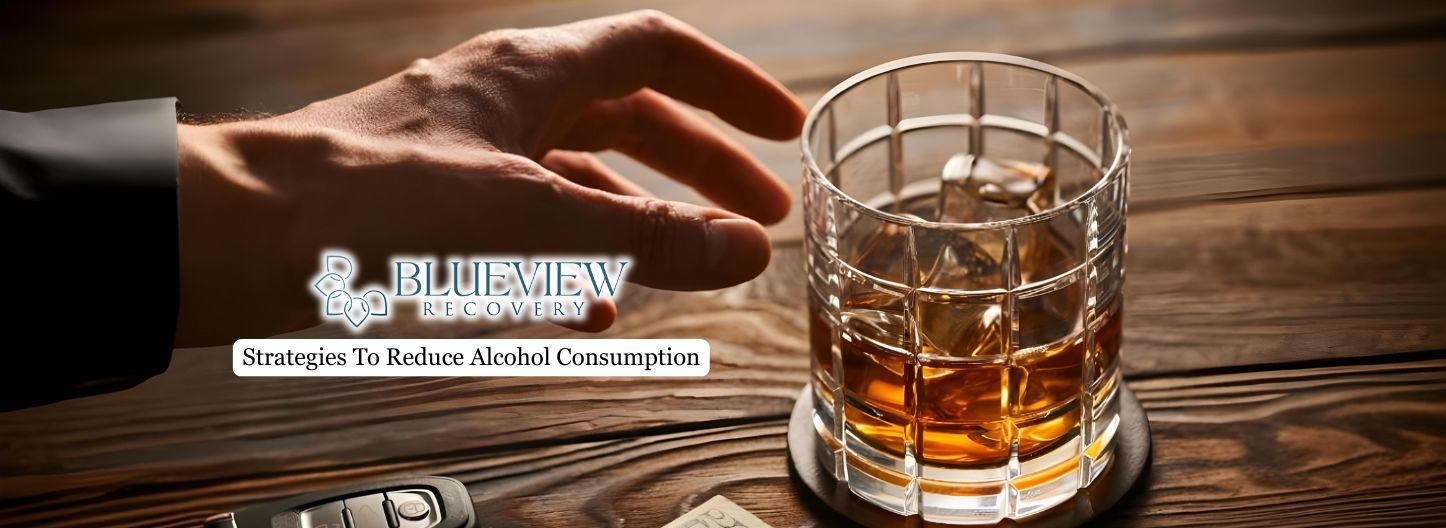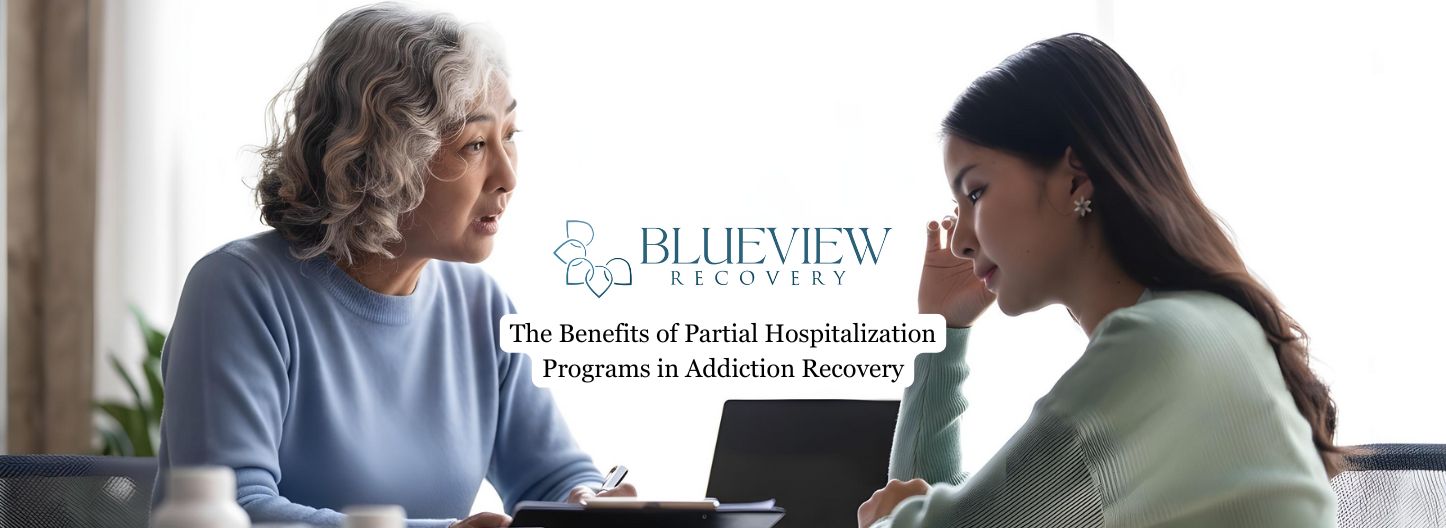Group therapy offers a distinct advantage over individual therapy by providing peer support, which creates a sense of belonging and reduces the isolation often experienced by those with substance use disorders. There are several types of group therapy designed to address the unique needs of individuals at various stages of their recovery journey.
This article delves into the different forms of group therapy employed in addiction treatment, emphasizing their objectives, advantages, and how they support long-term recovery.

What is Group Therapy?
Group therapy is a form of psychotherapy widely used in addiction treatment, where individuals with similar challenges gather to share experiences, insights, and support in a structured and therapeutic environment.
Within the group, members may explore underlying issues related to addiction, develop coping strategies, and build interpersonal skills under the guidance of a trained therapist. This process-oriented approach fosters mutual understanding and accountability while addressing both substance use and co-occurring mental health concerns.
The benefits of group therapy include reducing feelings of isolation, enhancing self-awareness, and learning from others’ experiences, which can inspire personal growth and resilience.
Psychoeducational Groups
Psychoeducatinal groups are highly structured, often led by trained facilitators, and focus on educating individuals about the physical, emotional, and behavioral aspects of addiction. Often based on the principles of cognitive behavioral therapy, these psychotherapy sessions enable individuals to recognize and change harmful thought patterns related to addiction.
Participants learn about triggers, coping strategies, relapse prevention techniques, and the science behind addiction, which fosters self-awareness and empowerment.
Through interactive discussions and shared experiences, psychoeducational groups also provide a supportive environment where individuals can connect with peers facing similar struggles. This sense of community helps reduce feelings of isolation while encouraging personal growth and resilience.
Skills Development Groups
Skills development groups provide individuals with the opportunity to learn and practice essential tools for maintaining sobriety and navigating life after addiction. These groups focus on teaching group members practical coping skills, such as managing triggers, handling cravings, and preventing relapse, while also addressing broader life skills like communication, emotional regulation, and problem-solving.
These group sessions are rooted in cognitive-behavioral principles and recognize that individuals with substance use disorders often lack or have lost key interpersonal and self-management skills.
Through interactive sessions, participants can practice these skills in a supportive and safe environment, receive feedback from peers, and observe how others apply them effectively. This collaborative approach fosters self-efficacy and resilience, empowering individuals to rebuild their lives and make healthier choices.
Cognitive-Behavioral Therapy Groups
Cognitive Behavioral Therapy (CBT) group therapy is a highly effective approach to addiction recovery, combining the principles of CBT with the supportive dynamics of group settings. In these therapy sessions, participants work collaboratively to identify and challenge negative thought patterns and behaviors that contribute to substance use disorders.
By focusing on triggers, coping strategies, and emotional regulation, CBT groups help individuals develop practical tools for managing cravings and preventing relapse.
The group format fosters peer support, allowing participants to share experiences, learn from one another, and build a sense of community.
Therapists guide discussions and exercises designed to enhance problem-solving skills and promote healthier responses to stressors. CBT group therapy not only addresses the psychological aspects of addiction but also empowers individuals with the skills needed for long-term recovery, making it an integral component of many addiction treatment programs.
Support Groups
Many support groups follow a 12-step model, emphasizing spiritual growth, personal responsibility, and community support.
They create a safe space for members to connect with others, share experiences and challenges, allowing open discussions while maintaining confidentiality. Attendance at support groups is often required in addiction treatment programs, reinforcing the importance of shared similar experiences among individuals facing similar struggles.
Family members affected by addiction can also find support through groups like Al-Anon and Nar-Anon, which focus on healing and coping with a loved one’s substance use.
Interpersonal Process Groups
Interpersonal process groups are a dynamic and impactful form of group therapy in addiction recovery, focusing on the relationships and interactions between participants to uncover deeper emotional and behavioral patterns.
Unlike other therapy models, these groups emphasize how interpersonal dynamics influence thoughts, emotions, and actions, helping individuals explore how their relationships contribute to their substance use. Facilitated by trained therapists, interpersonal process groups provide a safe and supportive environment where participants can share personal experiences, receive feedback, and gain insights into their relational behaviors.
This approach fosters self-awareness, improves communication skills, and helps individuals develop healthier ways of interacting with others.
Specialized Group Therapies
Specialized group therapies in addiction recovery are designed to address specific needs and challenges, providing unique approaches to healing and growth. These therapies often cater to particular demographics, co-occurring mental health conditions, or creative outlets to enhance the recovery process.
For instance, relapse prevention groups focus on strategies to identify triggers and avoid substance use, while communal and culturally specific groups serve individuals from shared backgrounds, fostering a sense of belonging and understanding.
Expressive groups, such as art therapy, music therapy, or psychodrama, offer creative ways for participants to process emotions and trauma that may contribute to their addiction.
Cognitive Behavioral Therapy focuses on modifying negative thought patterns and behaviors, while Contingency Management (CM) uses positive reinforcement to encourage abstinence and treatment adherence.
Motivational Interviewing (MI) enhances intrinsic motivation for change, and Family Therapy (FT) addresses family dynamics contributing to substance use.
Approaches like Seeking Safety integrate trauma-informed care with addiction recovery, helping individuals manage both substance use disorders and post-traumatic stress disorder concurrently.

Choosing the Right Group Therapy
Evaluate the type of therapy offered, such as psychoeducational or cognitive-behavioral groups, and ensure it addresses your specific challenges.
Addiction treatment programs often provide a range of group options, so assess the size, dynamics, and focus of each to determine the best fit.
Pay attention to the experience and qualifications of the group facilitators, as they play a vital role in creating a structured and supportive environment.
Consider whether the group emphasizes developing coping skills or sharing experiences, and choose the one that resonates with your comfort level and recovery objectives. Here you can find additional information on the different stages of the group therapy.
Final Thoughts from Blueview Recovery
At Blueview Recovery, we specialize in providing diverse individual and group therapy options in King of Prussia, Pennsylvania, tailored to meet the unique needs of each individual. Whether you’re seeking psychoeducational sessions, skill-building workshops, or support groups, our programs are designed to foster healing and resilience in a safe and welcoming environment.
